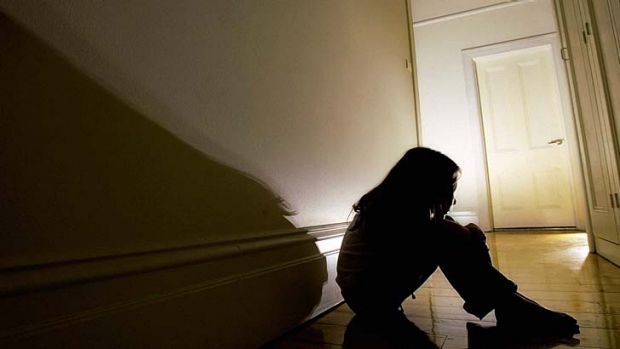Parental violence and conflict traumatise the child, making it impossible for her to lead a childhood in normalcy. While arriving at a solution may not be impossible it is important that the parents come together to rebuild a home of love and respect.
Sundaresh. D.S. / The New Leam

Marriage is an institution created by human beings. It is the most all-pervading and universal social institution that is built to guide people’s lives. It is closely associated with the notion of the family. In fact both the institutions of the family and marriage are interwoven.
The forms and meanings associated with marriage may differ from society to society but it is known to have an overwhelming presence. Marriage provides support to children and to the old. The institution gives legitimacy to sexual interaction between man and woman (as husband and wife). Marriages legitimise sexual reproduction which allows for society to reproduce itself through the creation of the next generation.
It cannot be negated that marriages are a crucial social institution. It can be argued that while happy and peaceful marriages lead to satisfied and easy lives for children, broken or conflict ridden marriages result in trauma, disturbed childhood and can leave a long lasting bruise upon the child’s consciousness.
Choosing to walk apart
One of the reasons that a marriage may not work is a lack of coordination or inability to adjust among partners. The differential social, economic, cultural or ideological frameworks that individuals have grown up with may be too difficult to adjust with those of the partner. Sustained issues emerging out of difference may compel couples to choose to drift apart and seek divorce. Besides, there might be several reasons for conflict in marriages like infidelity, money, lack of communication, clashes in opinion, subordination of women etc. The conflict and the incapacity to adjust to each other are at the centre of choosing to divorce.
How a child gets affected
A child gets affected by the parent’s separation. Studies show that a single parent raised child is five times more likely to suffer from mental disorder than children whose parents stay together.
One of the greatest shortcomings of being raised by a single parent is the fact that the child is unable to get the emotional support of both the parents. Children from broken families face mental conflict, have irritation issues and are more susceptible to mental disorder. Due to inadequate familial support children may also get into drugs and alcohol abuse.
National and International scenario
In 2007 family dissolve situation (divorce) rates across the world demonstrated that India accounts for 1.1%, Sri Lanka 1.5%, Japan 1.9 %, and the USA account for 54.8%, and Sweden 54.9%. UK 42.6%. It is important to note that India is economically poor but the divorce rate is less while countries like USA are economically better off but their divorce rates are higher.
The reasons for this may be ingrained public perception grounded in religion about the sacred nature of marriage and the social taboo associated with taboo, customary arranged marriages where couples are trained to be more accommodative of the partner’s deviance especially in the case of women, women’s larger suppression in the patriarchal order where due to lack of economic stability they are compelled to tolerate their partners even after facing exploitation etc.
Looking for answers
It would be impractical to tell a couple that all kinds of conflict need to be averted because it is in all likelihood that when two different individuals reside together, there is bound to be some kind of disagreement. What this however also requires is a maturity to address the conflict. A decision not to fight in front of the child, to behave respectfully towards each other and have open-ended and dignified talks to resolve conflict is important. The child has an impressionable intellect and although she may not know the reason for the conflict she knows that something is not right among her parents. Taking care of bodily gestures, word utterances and an orientation towards each other makes the child less susceptible to trauma post parental conflict. Moreover, if the parents assert that living together is becoming impossible it is best to seek professional help. Most conflicts if not all can be mediated, discussed and a minimum consensus can be arrived at if the contending parties are interested. The child needs the love of both her parents, let us try and make that possible.














